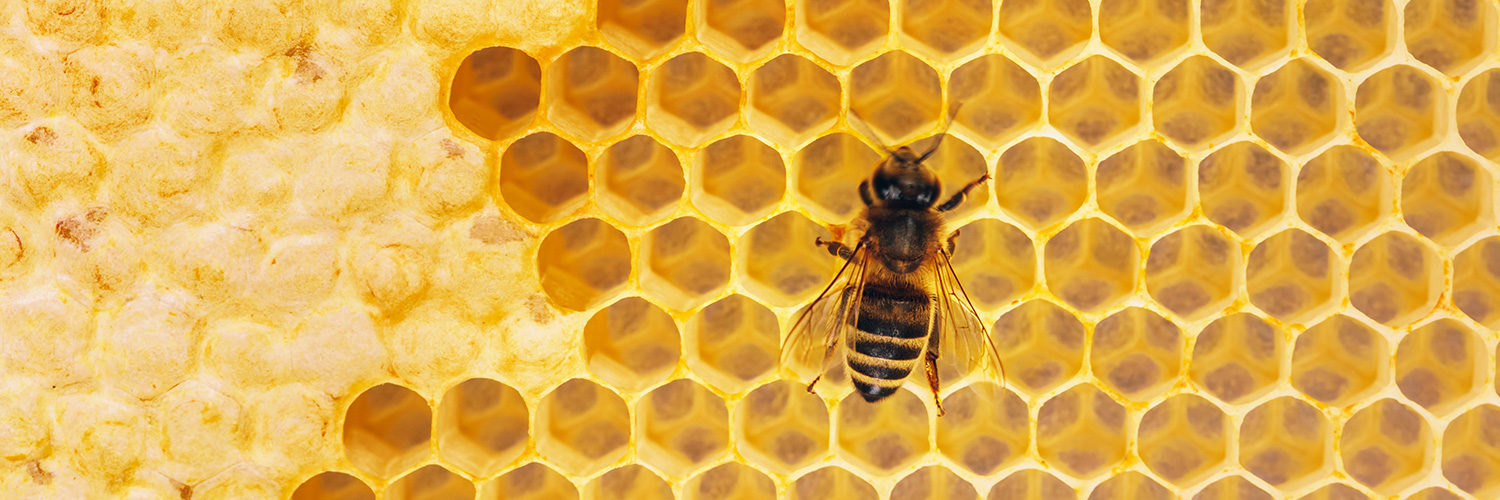Do Mosquito Treatments Harm Honeybees?
In recent years, there has been a lot of buzz about the health of the US honey bee population. As hobby beekeeping has taken off, so too has the concern about the effects of pesticide use and mosquito treatment sprays on the bees and honey produced. Dr. Kristen Healy and her colleagues in the Department of Entomology at Louisiana State University, in collaboration with the USDA Honey Bee lab in Baton Rouge, have set out to document the effects of mosquito control applications and other stressors on honeybee health.
According to the USDA, honeybees are responsible for the pollination of approximately one-third of all of our food. Recently, instances of Colony Collapse Disorder have caused the disappearance of a record number of hives and led to an increased interest in urban and small-scale beekeeping. These hives are often found in cities and suburbs where pesticide treatments are common, leading to public concern about effects of these treatments on bees and the quality of the honey produced.
“You have a lot of attention focused on caring for bees and keeping them healthy,” said Dr. Healy. “They produce honey, but they’re also important because they pollinate crops worldwide.”
The LSU researchers conducted lab tests using specific insecticides designed to target mosquitoes to find toxicity levels for bees. The research included this laboratory study, as well as semi-field and field components. Previous research had focused solely on toxicity in a laboratory setting, without field testing to account for real-world variables. Healy explained, “We know the concentration that would kill a bee, but is it realistically going to get exposed to that concentration in the field?”
Once the lethal concentrations were determined, semi-field tests were conducted. Six of the most common mosquito control insecticides were sprayed at cages containing bees and mosquitoes from distances ranging from 50 to 300 feet apart, the typical distance insecticides can drift from the treatment spray trucks.
The researchers found positive results for the health of the bees. “This is the highest possible label rate that mosquito control would ever use out of a truck, and we didn’t see any bee mortality, even at 50 feet,” Healy said. “Mosquitos are 100 times more susceptible to these pesticides than bees are,” she continued, explaining how mosquito control products can use extremely small does and still be effective.
In the last part of the study, the scientists conducted field tests. They worked with local beekeepers who volunteered to be a part of the study, half in areas with frequent mosquito control treatment and half in areas without. The scientists found no differences in the mortality rates of bees in either group. “…pesticide concentrations used out in the field are not high enough to kill bees,” Healy concluded. Researchers also found no difference when analyzing stress indicator enzymes from bees of both groups.
Targeted application of mosquito control treatments and science-backed techniques also help to improve their effectiveness without putting bees at additional risk. To have your yard professionally treated by mosquito control experts, please schedule online or contact Mosquito One.
2153



